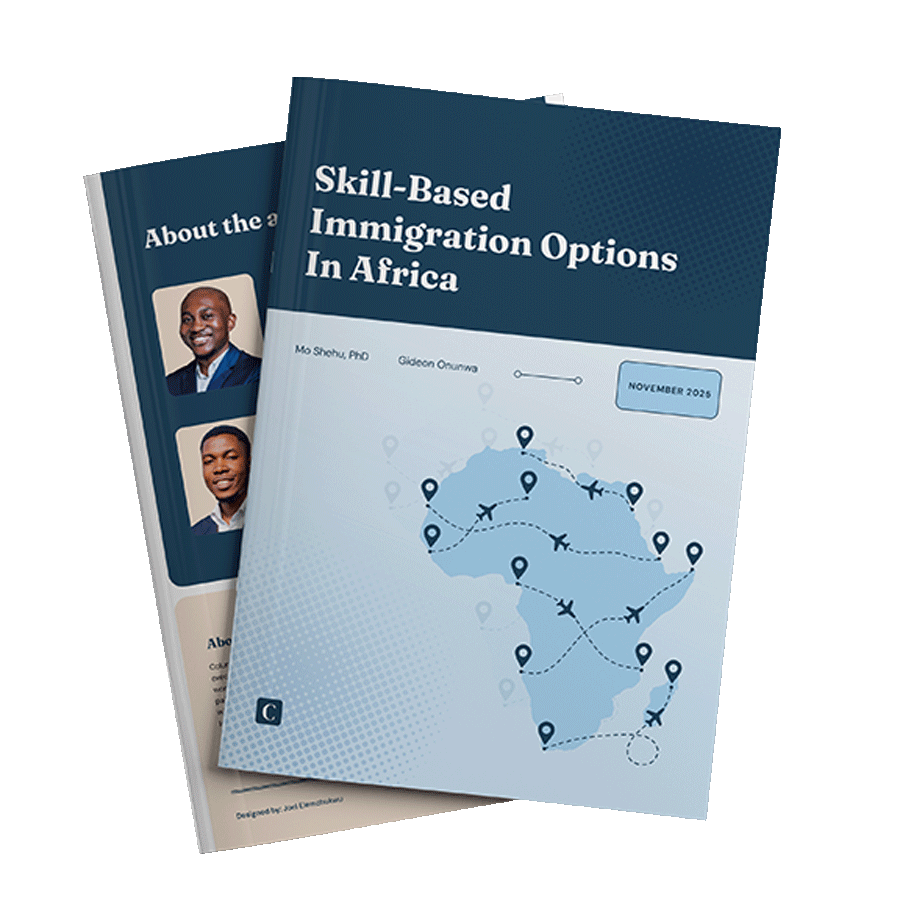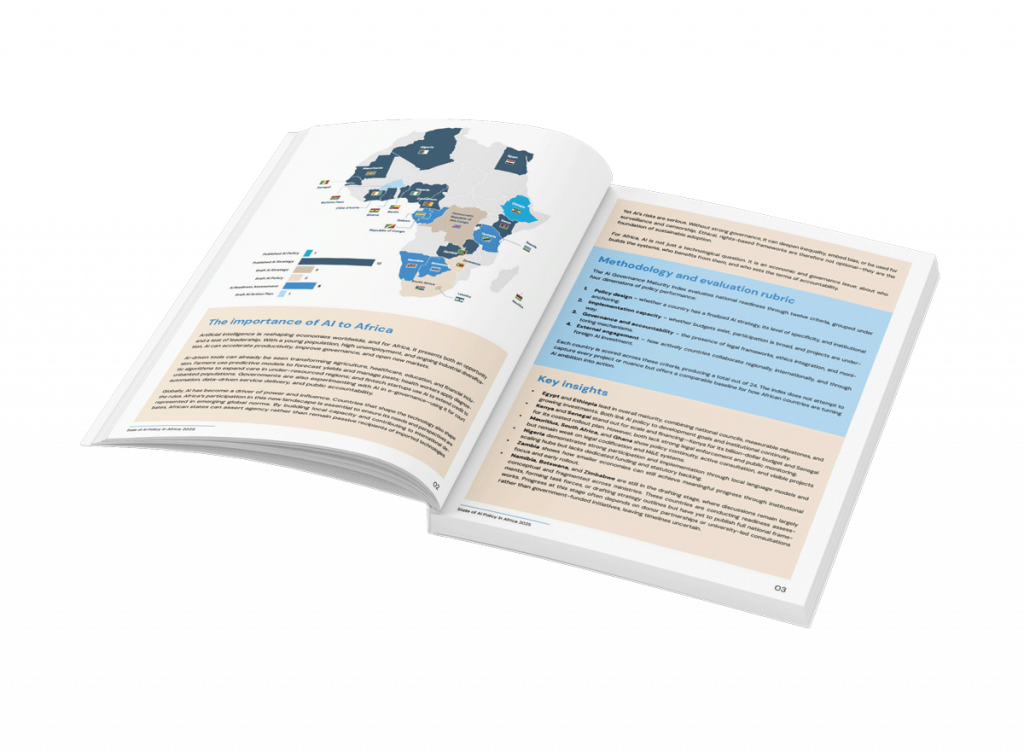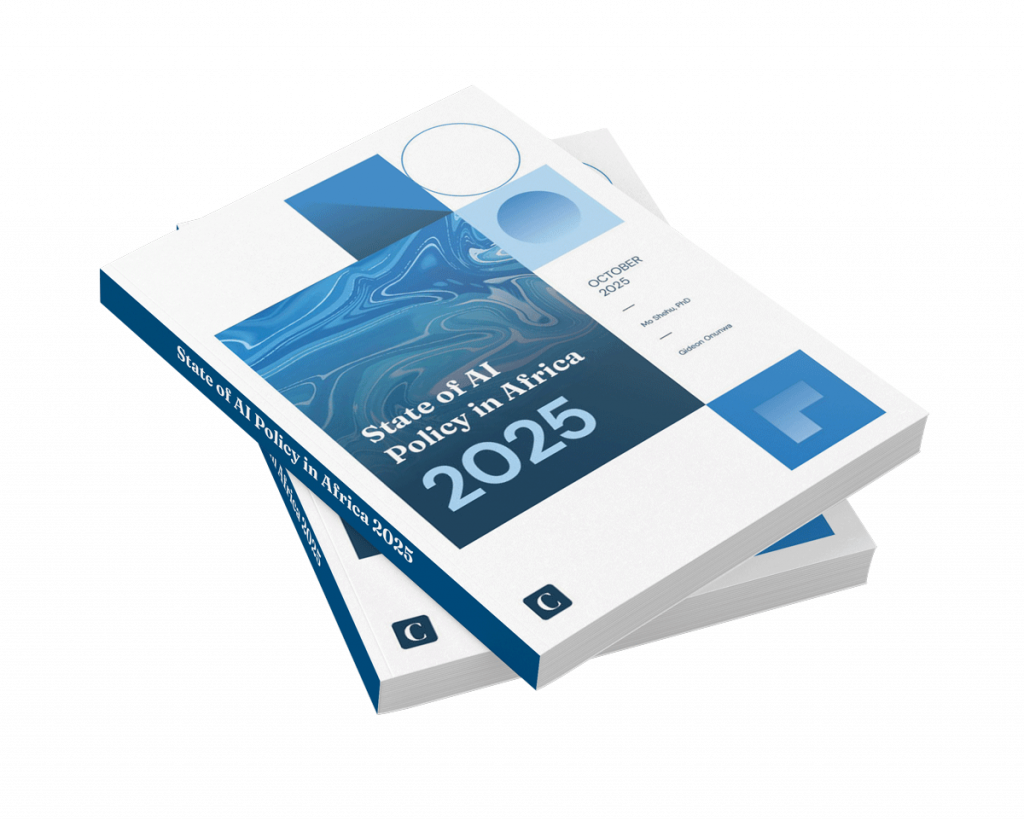WHITE PAPER
Skill-Based Immigration in Africa
Turning brain drain into brain circulation
A continental look at how African countries can unlock mobility, talent, and growth through open, skill-based visa systems.
Shehu, M., & Onunwa, G. (2025). Skill-Based Immigration in Africa. Column Content.

How can Africa keep its talent?
Millions of skilled Africans leave each year due to restrictive visa systems across the continent. This report explores how a unified skills visa could help retain and circulate talent within the continent.
Inside the report
The case for skill-based immigration
Visa models in Nigeria, Rwanda, and Kenya
Challenges of cost, politics, and capacity
Recommendations for post-study work and regional harmonization
Blueprint for a continental “African Skills Visa”
Key figures and findings
What the data reveals about mobility and opportunity across Africa:
460M Africans still live below the poverty line
1 in 4 youth are unemployed or discouraged
65% of the world’s uncultivated arable land lies in Africa
3 countries — Nigeria, Rwanda, Kenya — lead on skill-based visas
6 countries show partial progress but limited openness
The data shows Africa’s challenge isn’t talent — it’s movement.
Who should read this?
Government policymakers designing visa and migration reforms
Economists and development partners focused on labor mobility
University leaders supporting graduate retention
Think tanks and researchers tracking brain drain and skills policy
This report is essential reading for anyone shaping Africa’s talent future.
This report is for you if you’ve ever asked:
Why do skilled Africans keep leaving the continent?
How can visa systems enable — not restrict — growth?
Which countries are leading on skill-based migration?
What would a unified African Skills Visa look like?










